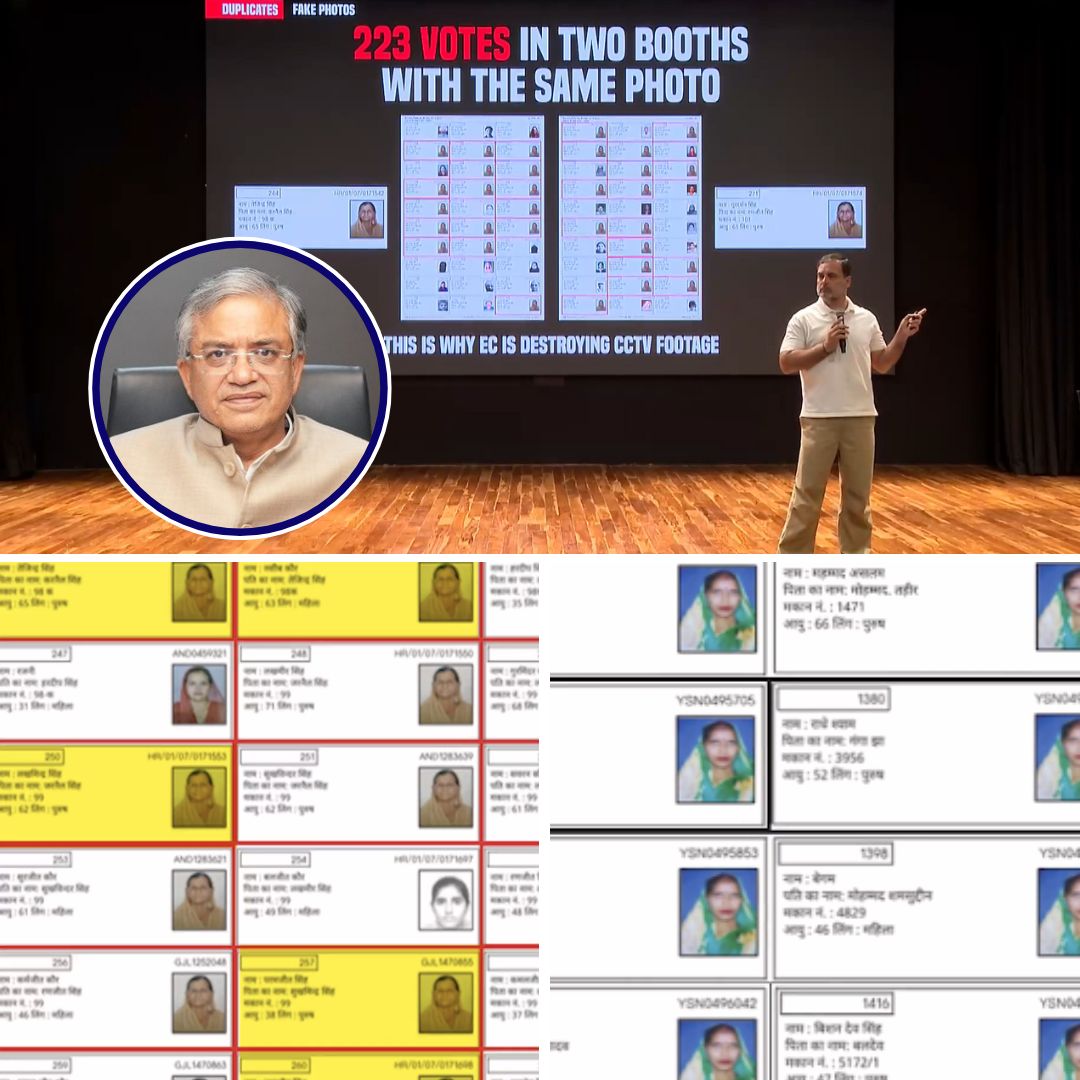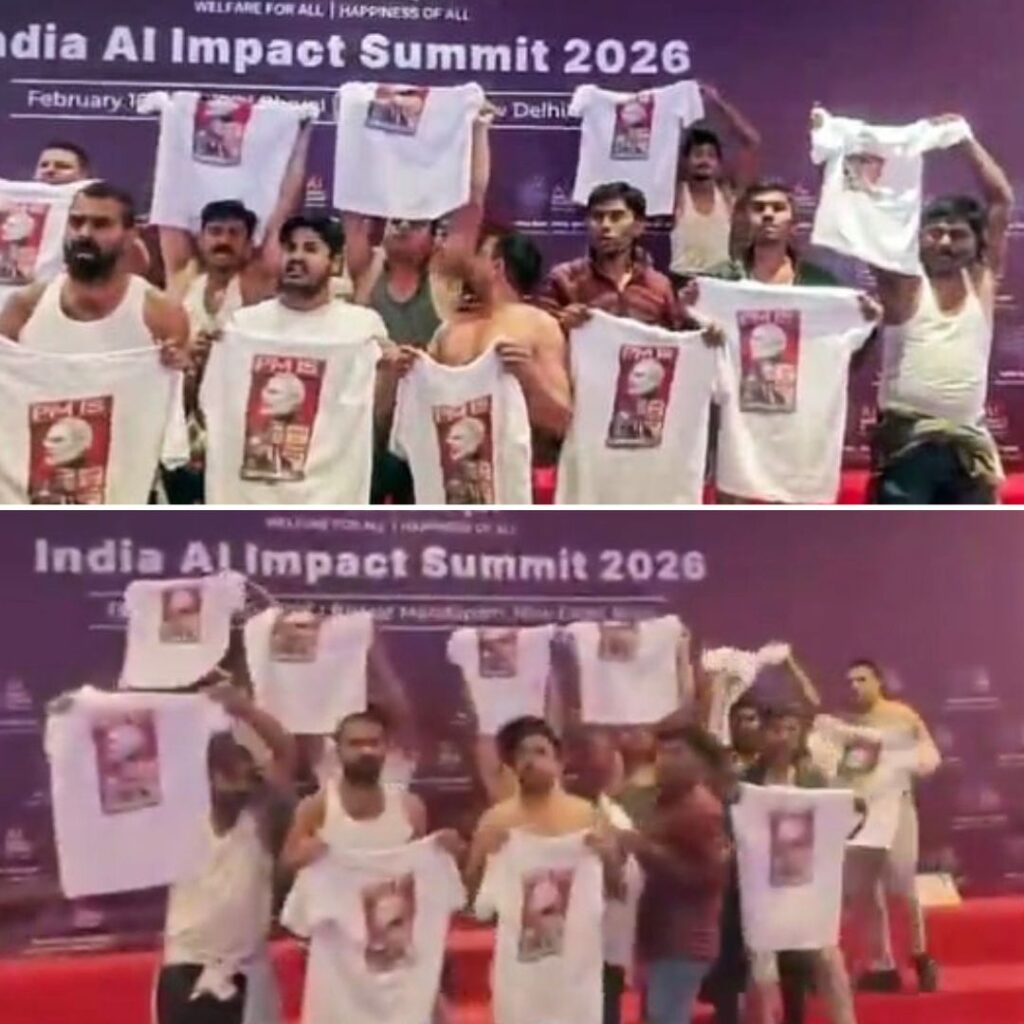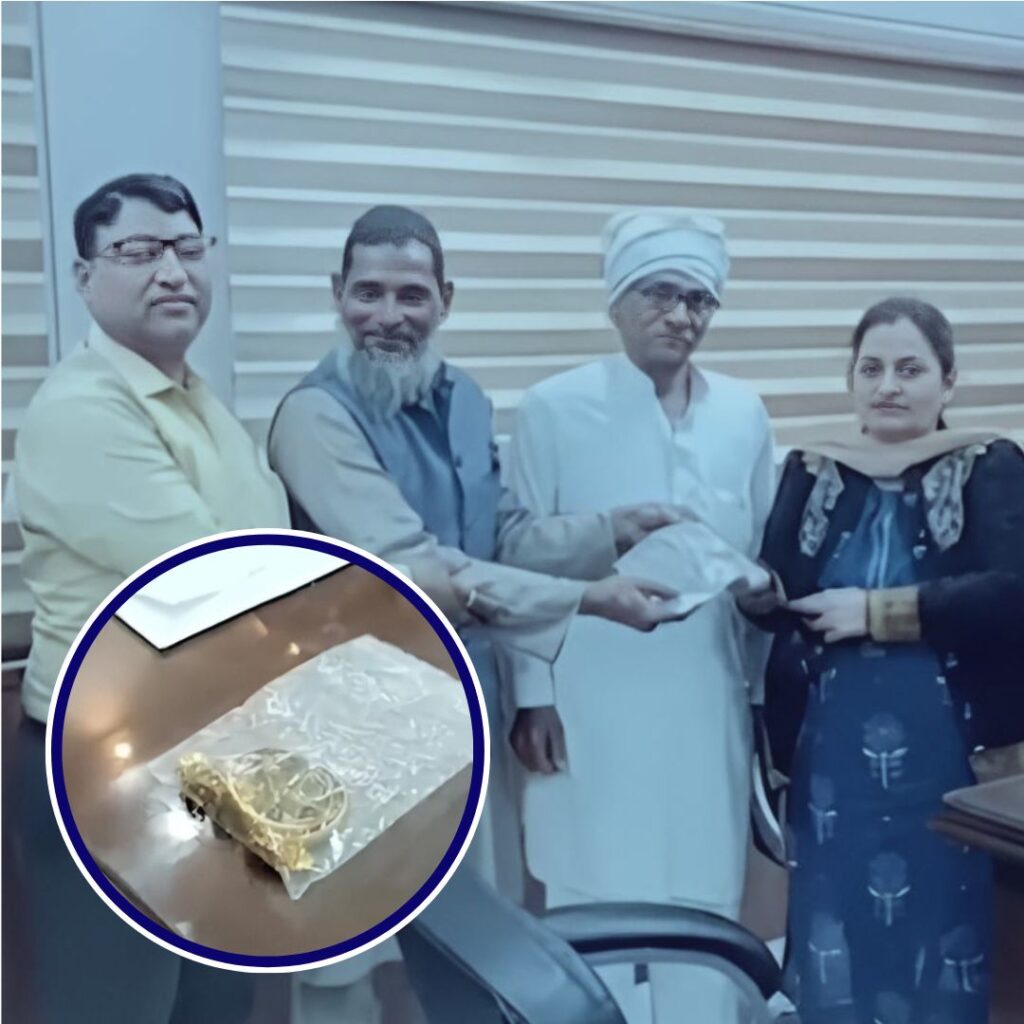A startling revelation in the 2024 Haryana Assembly elections has emerged with Congress leader Rahul Gandhi alleging that a single unidentified woman appeared 223 times across voter lists in two polling booths of Dhakola village in Rai Assembly constituency.
Gandhi highlighted this case as a glaring example of how electoral rolls were allegedly manipulated to rig the election outcome in favor of the ruling Bharatiya Janata Party (BJP).
He stated, “The Election Commission needs to tell us how many times this lady, whose name and age we don’t know, appears 223 times.” This case fuels Gandhi’s claim that up to 25 lakh votes in Haryana were fake, pointing to widespread irregularities including duplicated voter IDs and misused photographs.
Alleged Centralised Operation with Stock Photographs
Alongside the case of the woman with 223 registrations, Rahul Gandhi presented another high-profile example involving a Brazilian model named Larissa Nery. Her photograph, taken years ago, was found used 22 times across 10 different polling booths under multiple Indian names such as Seema, Sweety, and Saraswati. Gandhi called this a “centralised operation,” accusing the Election Commission of colluding with the BJP to enable electoral fraud.
He asserted that casting votes using such duplicate and fake identities aimed to undermine democratic processes and flip predicted victories into losses for Congress. Gandhi emphasised the gravity by revealing thousands of invalid addresses and bulk voters registered fraudulently.
Election Commission and BJP Rebuttals
Officials stressed the presence of mechanisms to detect and delete duplicate entries and questioned why Congress had not raised objections in time. The BJP labelled the allegations as baseless political tactics to distract from ongoing elections in Bihar, with Haryana’s Chief Minister Nayab Singh Saini accusing Rahul Gandhi of spreading misinformation.
The ECI had explained that entries like “House No. 0” are standard placeholders for homeless or untraditional residences, denying they represent any foul play.
Despite Rahul Gandhi’s claims, official data suggests many duplicates flagged actually favoured Congress, challenging the narrative of one-sided manipulation. The Commission also emphasised that the “House Number Zero” designation applies universally to unnumbered residences rather than representing fraudulent entries. These procedural facts complicate the dispute, underscoring the need for transparent investigation rather than politicised accusations.
Building on the evolving controversy, political analysts emphasize that such allegations, especially involving voter roll manipulations, though serious, are not unique to Haryana but reflect broader systemic challenges in India’s electoral processes.
Rapid population growth, migration, and limited on-ground verification capacities contribute to inaccuracies in voter lists nationwide. Electoral experts advocate for modernised digital roll management integrated with biometric verification to minimise fraud risks while ensuring inclusivity.
The Logical Indian’s Perspective
Democracy’s vitality hinges on credible elections where each vote represents a genuine citizen. While vigilance against electoral fraud is critical, serious allegations must be accompanied by transparent investigations and honest engagement from all players to sustain public confidence.
The Logical Indian calls for an inclusive dialogue between electoral authorities and political parties, fostering harmony and constructive reform. Ultimately, safeguarding democracy is a shared responsibility, requiring both institutional accountability and citizen vigilance.
‘वोट चोरी’ का सबूत नंबर : 3
— Congress (@INCIndia) November 5, 2025
तस्वीर एक – नाम अनेक pic.twitter.com/uSrBgx4HQ1












